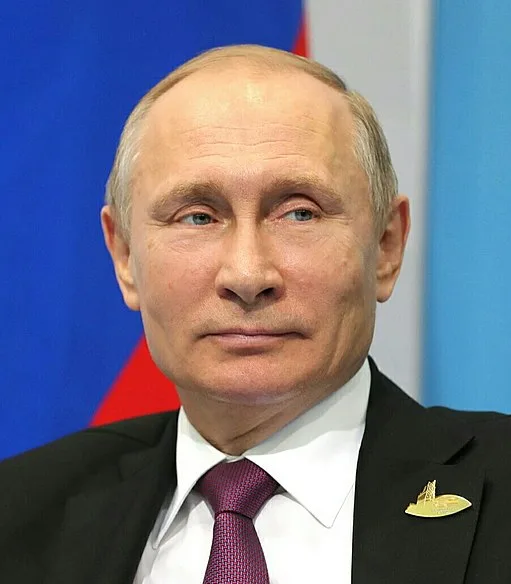Leaders of China and Russia advocate for multipolarity and regional autonomy at Shanghai Cooperation Organisation meeting
During the Shanghai Cooperation Organisation (SCO) summit in Astana, Kazakhstan, Presidents Xi Jinping of China and Vladimir Putin of Russia emphasized the emergence of new global power centres and urged member states to resist external influences, particularly from the United States. The SCO, viewed by Moscow and Beijing as a counterbalance to Western hegemony convened to discuss regional security and economic cooperation.
Xi Jinping called for solidarity among member nations to combat external interference and safeguard regional stability. He emphasized the SCO’s role in shaping a just and equitable international order, aligning with principles of sovereignty and mutual respect.
Embed from Getty ImagesMeanwhile, Vladimir Putin highlighted the geopolitical transformations underway, heralding the accession of Belarus as a significant step in bolstering the SCO’s influence. He underscored the expansion of multipolar dynamics, where countries advocate for their legitimate rights and traditional values against perceived Western dominance.
The summit’s joint declaration, issued by the Kremlin, recognized “tectonic shifts in global politics” and underscored the need for enhanced SCO involvement in global security and regional stability. It notably omitted direct references to contentious issues like Russia’s actions in Ukraine or China’s stance on Taiwan but reiterated commitments to respecting sovereignty and territorial integrity.
Both leaders criticized the unilateral military build-up by unspecified countries and regional alliances, echoing concerns over U.S.-led initiatives such as missile defence systems, which they view as destabilizing.
Analysis:
Political: The SCO’s emphasis on multipolarity reflects a strategic alignment against Western-led international norms, positioning itself as a cooperative platform for non-Western powers seeking greater geopolitical influence.
Social: Socially, the SCO’s stance resonates with narratives of sovereignty and independence, appealing to member states and regional partners wary of Western interventionism in their domestic affairs.
Racial: While not directly racial, the SCO’s geopolitical manoeuvres indirectly challenge Western narratives of global leadership and influence, emphasizing a diverse coalition of nations advocating for their geopolitical interests.
Gender: Gender dynamics are minimally relevant in this geopolitical context, focusing more on political and economic strategies among member states.
Economic: Economically, the SCO represents a significant portion of the global population and GDP, enhancing its leverage in shaping regional economic policies and infrastructure development through initiatives like China’s Belt and Road Initiative.
